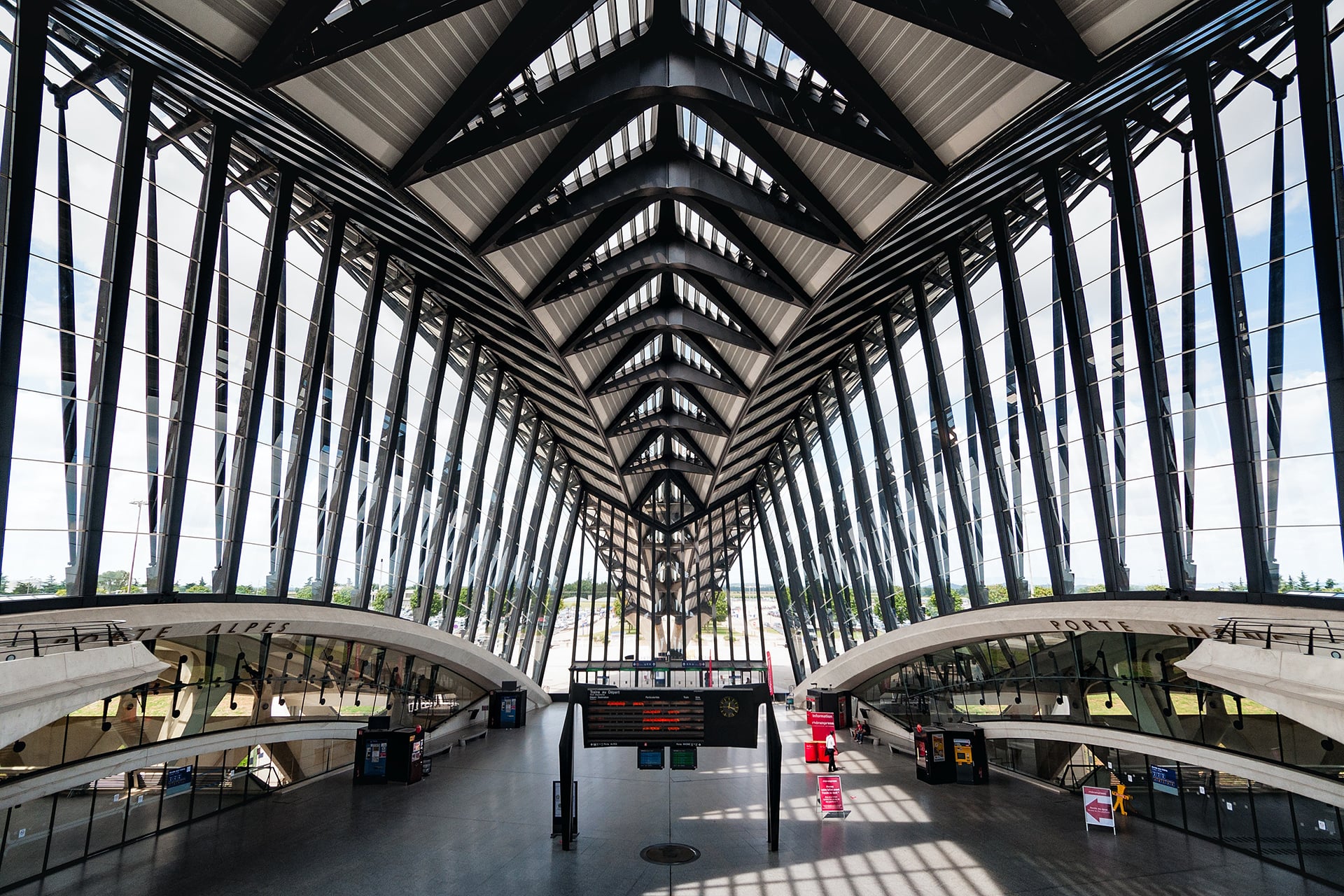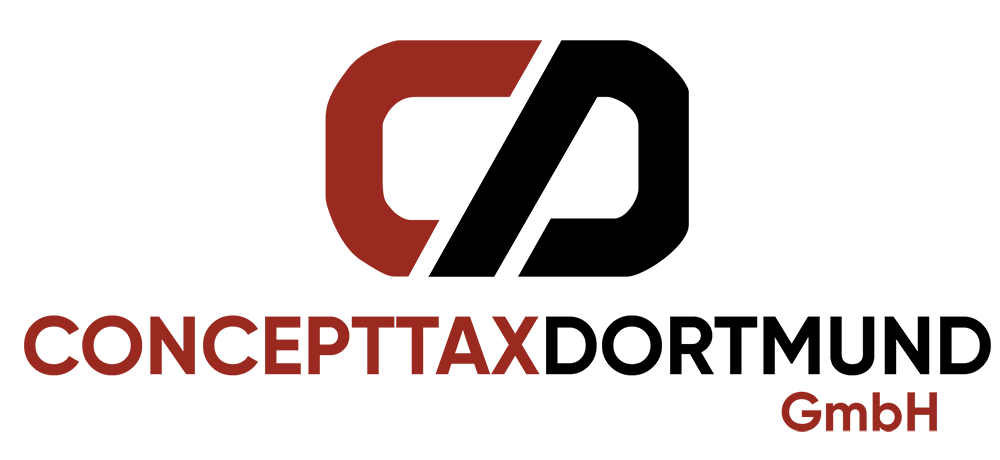SOLUTIONS
SERVICES
DOWNLOADS
Visa & Residence

Residence Permits for Foreign Investors and Entrepreneurs :
The German legislature has come to realize foreign entrepreneurs and investors often establish themselves in Germany with great success and therefore contribute a significant proportion to the economic success of Germany, even when they do not always directly invest on a large scale, or immediately create new jobs. Since § 21 of the Residence Code entered into force on the 01.08.2012, a residence permit for self-employment can already be issued if a (simple) economic interest or a (simple) regional need exists. The law does not regulate a minimum amount of investment, nor require a minimum number of jobs be created. In addition, this law has made it easier for graduates from German universities to become self-employed after graduation. In lieu of this new law, foreign investors and entrepreneurs have a much better chance at realizing innovative ideas in Germany.
Pursuant to § 21 section 1 of the Residence Code, individual entrepreneurs and active partners in a partnership are eligible to receive a residence permit to pursue self-employed work. Even statutory representatives of legal persons (for example Ltd, Stock Company) can obtain permits of residence as self-employed if they bear their own entrepreneurial risk in connection with their work, in accordance with § 21 of the Residence.
We will support and advise you throughout the process of establishing your corporation till you reach your goal: the issuance of a permanent residence permit for the purpose of self-employment. Of course we will also support you in (additionally) bringing your family to Germany.
Permit of Residence for Freelancers and Artists :
Compared to individual entrepreneurs and active members of partnerships, simpler application requirements apply to freelancers. In accordance with German laws, the term freelancer includes Artists, language teachers, doctors, lawyers, engineers, architects, accountants, tax consultants, journalists, translators and interpreters and many comparable professions. However, most freelancers will receive a permanent permit (Niederlassungserlaubnis) for residence at the earliest after five years.
Work visa for qualified professionals:
Any non-EU citizen who wishes to remain in Germany for longer than 90 days must possess a valid residence permit (Aufenthaltstitel). Depending on the purpose of the stay, there are different types of residence permits which are governed in the Residence Act (Aufenthaltsgesetz, AufenthG) as well as supplementary ordinances. You can receive a residence permit, in accordance with Sections 18a and 18b (1) AufenthG (German Residence Act), that enables you to obtain employment in Germany as a qualified professional.
Visa for IT professionals :
Advantageous ways have been paved for IT specialists outside the European Union/EFTA (so-called “third countries”) to obtain a work visa in Germany. The type of visa you receive depends on your qualifications and your job offer in Germany. The table down below gives you first overview of the different options.
EU Blue Card:
If you have an academic degree in IT as well as a specific job offer in Germany, you may receive an EU Blue Card. It is important to know that you must earn a minimum salary in your job for that visa type. Nonetheless, the EU Blue Card is an exceptionally popular residence permit with many advantages.
Jobseeker visa :
If you are having difficulties with finding a job from abroad, you can apply for a residence permit that enables qualified professionals to enter Germany for the purpose of seeking employment in accordance with Section 20 (1) (2) AufenthG (German Residence Act). The visa or the residence permit for jobseekers can be issued for a period of up to six months.

